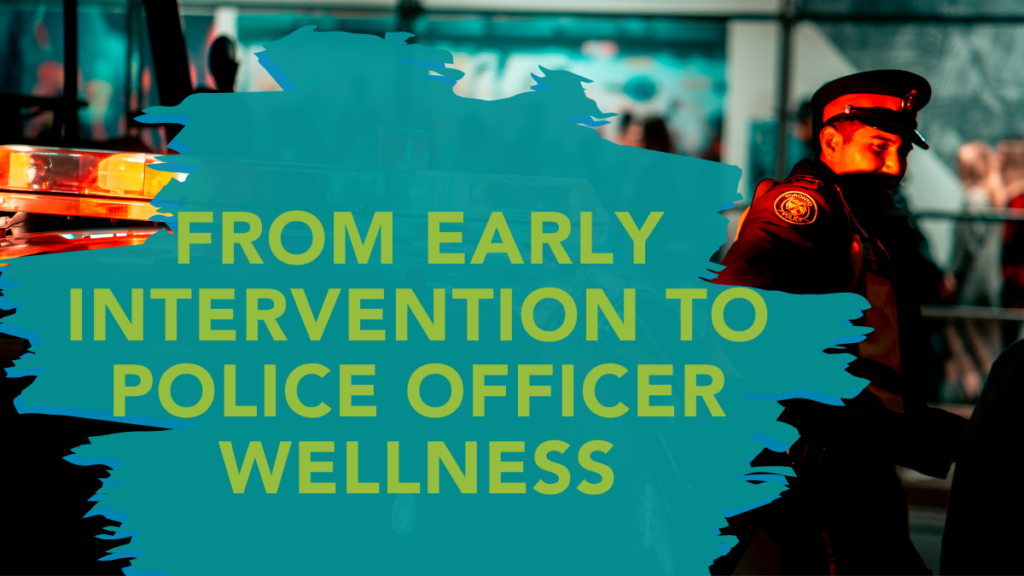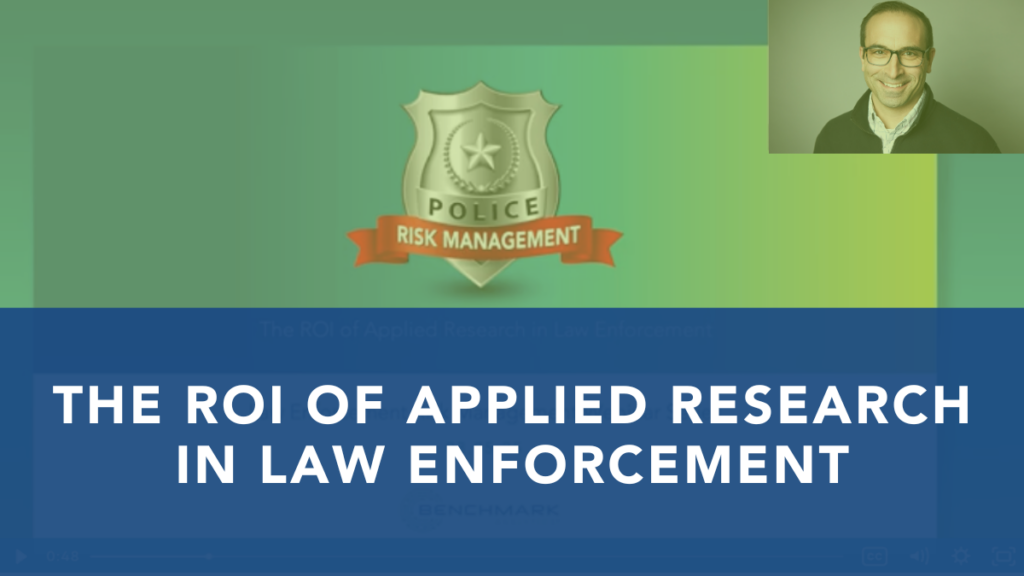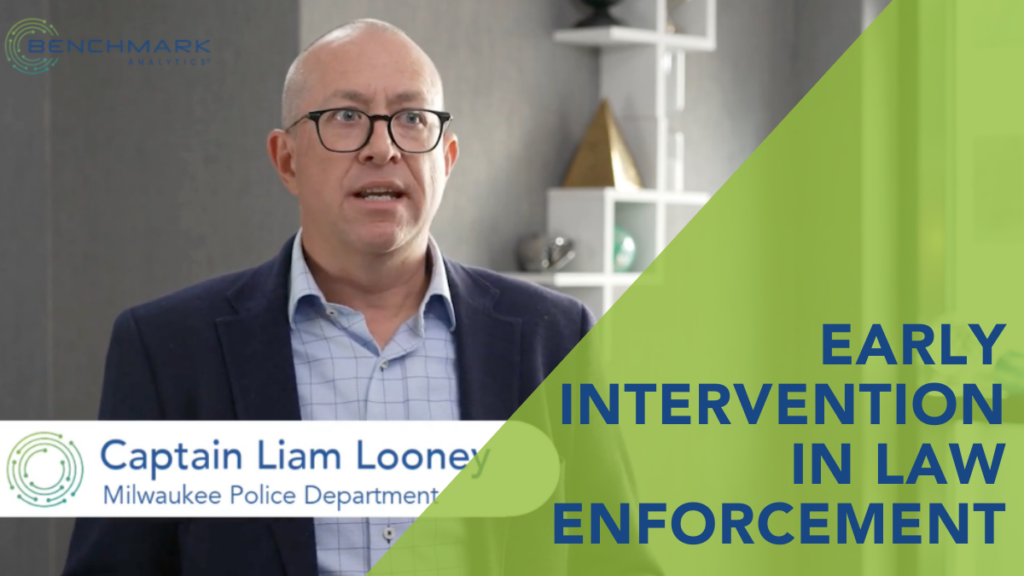Family Wellness Support
Posted
October 11, 2021
Share:
The importance of family is nothing new in the field of policing. For many, the decision to take up the profession is, at least in part, motivated by established family traditions of service in law enforcement. Before the commonplace adoption of formalized employee assistance programs (EAP) and departmental wellness initiatives, an officer’s family served a critical if informal role in helping officers cope with their profession’s stress and potential trauma.
 As EAPs and wellness programs have grown more comprehensive and sophisticated in their approaches, the role of wellness in an officer’s family life has come to be seen as a mission-critical element of organizational culture. Family Matters: Executive Guide for Developing Family-Friendly Law Enforcement Policies, Procedures, and Culture, 2021 guide produced by the International Association of Chiefs of Police (IACP), is the latest in a long line of best-practice resources that seek to understand better how healthy family relationships support officers’ wellness while offering practical, data-informed recommendations to law enforcement leaders. The document explores the symbiotic relationship between an officer’s wellness and performance on the job with the conditions of their home-life, recognizing both as having demonstrated impacts on one another.
As EAPs and wellness programs have grown more comprehensive and sophisticated in their approaches, the role of wellness in an officer’s family life has come to be seen as a mission-critical element of organizational culture. Family Matters: Executive Guide for Developing Family-Friendly Law Enforcement Policies, Procedures, and Culture, 2021 guide produced by the International Association of Chiefs of Police (IACP), is the latest in a long line of best-practice resources that seek to understand better how healthy family relationships support officers’ wellness while offering practical, data-informed recommendations to law enforcement leaders. The document explores the symbiotic relationship between an officer’s wellness and performance on the job with the conditions of their home-life, recognizing both as having demonstrated impacts on one another.
Why should agencies support family wellness?
The guide frames efforts to create family-friendly policies and culture not as simply a “nice-to-have” element of mental health programming but as one of the keystones to better agency performance and overall officer wellness. Three distinct positive outcomes are identified as the primary benefits of enacting such policies:
Boosts officer performance
Policing is a stressful occupation. Officers have to contend with the nature of the job: traumatic events, a shift-based schedule, and sometimes contentious community discourse around policing. Added to this inherent stress are the financial and family issues many officers experience due to their work. When not managed well, these types of stress become cyclical, with family stress accelerating job performance issues and the job stress impacting family life. This can lead to poor sleep patterns, fatigue, burnout, and substance abuse problems that can affect not only job performance but also an officer’s safety on the job. Healthy family relationships are known to increase mental resiliency and help individuals process trauma.
Improving retention and recruitment
As discussed in a previous blog post, officer retention is a high-priority concern of many law enforcement leaders. Recruiting and training officers is costly and frequent turnover can diminish the continuity of institutional knowledge and organizational values within an agency. Officers leave a department for various reasons though most of them can be broadly described as a lack of satisfaction with their working conditions. A new generation of officers places a higher value on quality-of-life job benefits like work-life balance and parental leave.
Building a workforce that reflects the community it serves
A central theme to much of the research exploring the factors influencing public perceptions and trust of police is that diversity matters. Law enforcement agencies whose officers and staff represent the diversity of the communities they serve are more likely to experience higher levels of public trust than agencies that don’t prioritize diversity. This includes intentional efforts at recruiting officers from family backgrounds that more accurately represent the evolving cultural definitions of a family unit. Understanding cultural differences related to multi-generational households, LGBTQ+ families and relationships, and other domestic living arrangements is vital to building a department culture guided by family-friendly wellness policies.
“Police departments that are deliberately and strategically inclusive of all family types are more likely to mirror the communities they serve, and therefore may be more effective at serving them.” Family Matters: Executive Guide for Developing Family-Friendly Law Enforcement Policies, Procedures, and Culture. 2021.
What law enforcement agencies are doing?
While informal family support structures within the law enforcement community are nothing new, there has been an increased emphasis on formalizing and funding programming designed to meet the needs of officers’ families. As the understanding of the importance of family relationships in the overall picture of officer wellness grows, departments are incorporating evidence-based techniques designed to enhance wellness more holistically with an eye toward preventative measures rather than purely reactive actions. In many departments, programs such as mental health services, financial counseling, pension, retirement planning, and established peer-support networks have shown very real results in improving officers’ working conditions and creating a meaningful sense of wellness for them and their families. Here are a few examples:
Metropolitan Nashville Police Department
Interestingly, the MNPD’s mental health programming began with an outward focus, initially created as a victim services unit tasked with providing support to victims of traumatic crimes. The training that officers and staff received to understand better the needs of victims led to an inward focus at the department and recognition of the mental health need of officers. In 1986, MNPD created the Police Advocacy and Support Services (PASS) unit to provide cognitive and behavioral health services to officers, staff, and, especially relevant here, their families. PASS has expanded several times since its inception, and now, in addition to full-time staff, a volunteer staff of chaplains coordinates special services for officers’ spouses and families. These include “family days” at the beginning and conclusion of academy training, several ongoing group-based support structures, and in-depth assistance in the event of traumatic events.
Milwaukee Police Department
In a previous article, we looked at the Milwaukee Police Department’s approach to wellness. In the last decade, departmental leaders have made significant investments in in-house employee mental health services. To avoid a perception of being a punitive measure, the wellness program was moved out of internal affairs and into training. The program utilizes a full-time psychologist from a law enforcement family, a veteran officer as a peer support coordinator, and two chaplains who are both retired MPD officers. The non-denominational chaplains have a purposefully wide-ranging set of duties conscientiously designed to embed them in the broader community of MPD officers and families. The chaplains provide everything from confidential counseling after use-of-force or other traumatic incidents to serving as officiants at officer weddings and attending other family-based events. Furthermore, the mental wellness team hosts Family Nights, emphasizing the diverse line-up of services available to families and maintaining up-to-date contact lists to provide ongoing support.
The State of New Jersey
Recognizing an unmet need for formalized peer support on a statewide level, the New Jersey state legislature created the Cop2Cop hotline in 1999. The program’s mission is to provide 24/7 peer support, crisis intervention, access to provider networks, and other mental health services to law enforcement officers and, crucially, their families. The hotline is staffed by many retired police officers, many of whom are licensed mental health professionals, to provide structured peer support for officers and their families in times of crisis. Employing former officers is thought to help establish a trusted sense of rapport, approaching mental health more from a cultural perspective than a clinical one. The hotline staff seeks to create a continuum of care with the average relationship between a caller and dedicated hotline staff assigned to the case lasting around six months with an average of 15 points of contact.
Policy produces results
Creating policies that recognize the value of officers’ family support systems is a vital component of 21stcentury policing. The move from informal family support structures to ones strengthened by family-friendly departmental policies isn’t simply the “right thing to do”. Agencies that enact policies that enhance officer and family wellness have demonstrated positive and lasting results in improving officer performance and building trust in the communities they serve.
Related Posts
Ready to Experience the Benchmark Difference?
Benchmark Analytics and its powerful suite of solutions can help you turn your agency’s challenges into opportunities. Get in touch with our expert team today.



